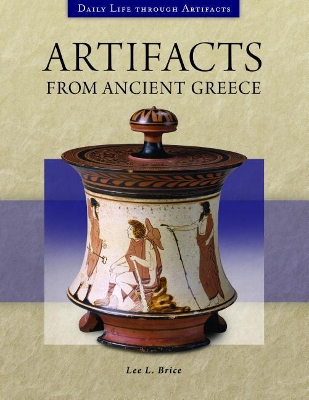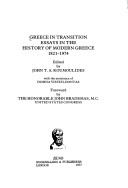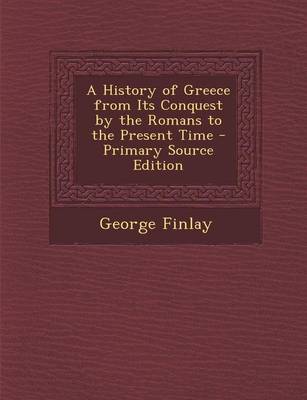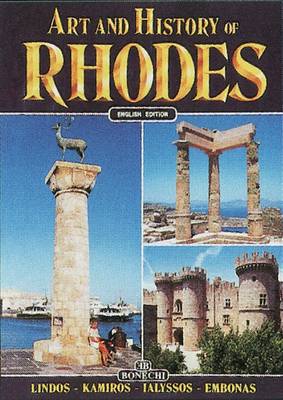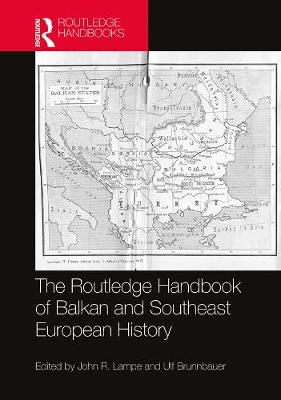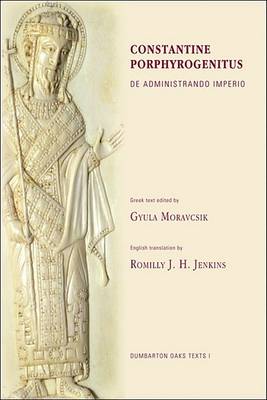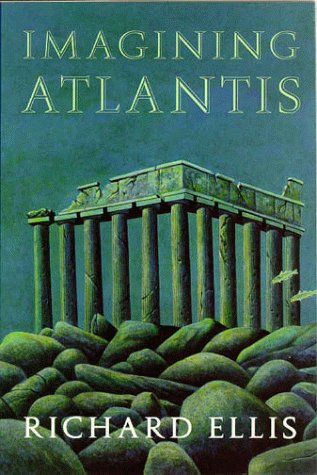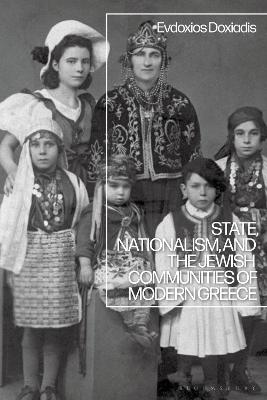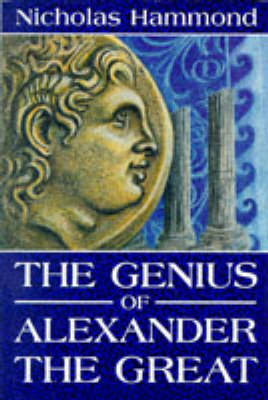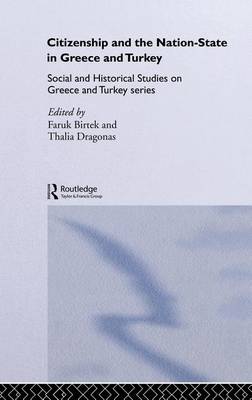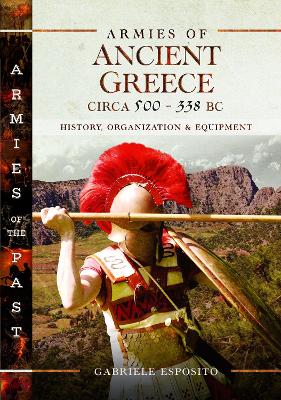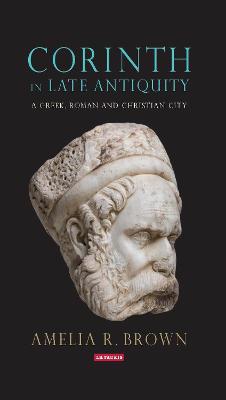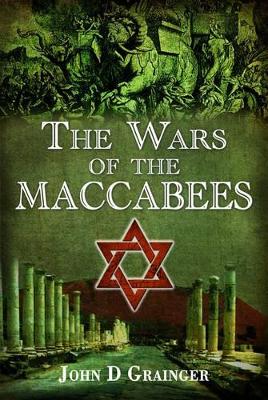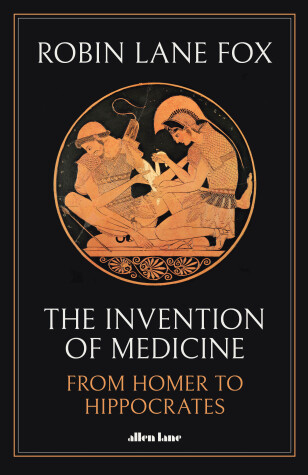Artifacts from Ancient Greece (Daily Life through Artifacts)
by Lee L Brice
What objects would have been familiar to people living in Classical Greek society more than two millennia ago? This book shows readers what life in ancient Greece was like through artifacts from domestic life, religion, politics, transportation, entertainment, and more. There are no photographic images or video clips of events that document the Classical Greek period from more than 2,000 years ago. But through the careful examination of artifacts from that long-ago time, it is possible to get a...
Greece in Transition
A History of Greece from Its Conquest by the Romans to the Present Time - Primary Source Edition
by George Finlay
Corfu, the Garden Isle
by John Julius Norwich, Andrew Sinclair, Lord Orr-Ewing, Peter Nahum, and Countess Flamburiari
The Routledge Handbook of Balkan and Southeast European History
Disentangling a controversial history of turmoil and progress, this Handbook provides essential guidance through the complex past of a region that was previously known as the Balkans but is now better known as Southeastern Europe. It gathers 47 international scholars and researchers from the region. They stand back from the premodern claims and recent controversies stirred by the wars of Yugoslavia's dissolution. Parts I and II explore shifting early modern divisions among three empires to the...
Constantine Porphyrogenitus (Corpus Fontium Historiae Byzantinae, Pt. 1)
by G. Moravcsik
Ever since Plato created the legend of the lost island of Atlantis, it has maintained a uniquely strong grip on the human imagination. For two and a half millennia, the story of the city and its catastrophic downfall has inspired people--from Francis Bacon to Jules Verne to Jacques Cousteau--to speculate on the island's origins, nature, and location, and sometimes even to search for its physical remains. It has endured as a part of the mythology of many different cultures, yet there is no indisp...
State, Nationalism, and the Jewish Communities of Modern Greece
by Evdoxios Doxiadis
By looking at the very specific case of the Greek-speaking Romaniote and the Ladino-speaking Sephardic communities in Southern Greece, Epirus and Macedonia, this book explores the attitudes and policies of the Greek state with regards to the Jewish communities both within its borders and in the areas of the Ottoman Empire it craved. Evdoxios Doxiadis traces the evolution of these policies from the time of Greek independence to the expansion of the Greek state in the early-20th century, telling u...
An aura of romance has clung about the Varangians for over six centuries. This book examines how the Norsemen came to be drawn into the Imperial service until the greatest of all the Emperors of the East, Basil II, formed them into the regiment of guards which was to give unique service to the Empire. It surveys the history of the regiment down to the collapse of High Byzantium in 1204 and traces the remnant of the Varangians to the very last day of the Empire in May 1453.
In what respects was Alexander 'Great'? This work sets out to answer this question. As a commander of men of many races, Alexander was and still is incomparable. As a statesman he envisaged and largely created an ecumenical kingdom which rose above racialism and nationalism and which enjoyed peace and prosperity, extending from his birthplace in Macedon to the borders of Kashmir. His intellect and charismatic personality so fascinated those he conquered that they served in his army and administr...
From the ruins of the former Yugoslavia, a new sovereign state has emerged of which the wider world has little knowledge: the Republic of Macedonia. Hugh Poulton traces the history of the people of Macedonia from classical times to the present. The impact of nationalism in the Balkans and the disintegration of the Ottoman empire are examined in relation to Macedonia, with special reference to the bloody territorial struggles of the late 19th and early 20th centuries. The partitioning of Macedoni...
Citizenship and the Nation State in Greece and Turkey brings together papers on a transdisciplinary dialogue on nation formation in Greece and Turkey as successor states of the Ottoman Empire, and on aspects of civil society in the two countries. The volume is divided into two parts: 'Empire and Nation-State' and 'Nation and Civil Society' and covers issues such as Turkish and Greek nationalism, the formation of the Greek State, the impact of the Greek War of Independence in transforming the Ot...
Conflict was rife among the Greeks of the Classical period, including some of the most famous wars and battles of the whole ancient period, such as the defeat of the Persians at Marathon, the Spartans' heroic last stand at Thermopylae, the gruelling Pelopponesian War and the epic March of the Ten Thousand. The Greek heavy infantry spearmen, or hoplites, are one of the most recognizable types of ancient warrior and their tighly-packed phalanx formation dominated the battlefield. Covering the peri...
Ausgrabungen in Der Fruhbronzezeitlichen Siedlung Im Heraion Von Samos 1966 (Samos, #30)
by Hans Peter Isler
Late antique Corinth was on the frontline of the radical political, economic and religious transformations that swept across the Mediterranean world from the second to sixth centuries CE. A strategic merchant city, it became a hugely important metropolis in Roman Greece and, later, a key focal point for early Christianity. In late antiquity, Corinthians recognised new Christian authorities; adopted novel rites of civic celebration and decoration; and destroyed, rebuilt and added to the city's an...
By the early second century BC, Israel had long been under the rule of the Hellenistic Seleucid Empire. But the policy of deliberate Hellenization and suppression of Jewish religious practices by Antiochus IV, sparked a revolt in 167 BC which was led initially by Judah Maccabee and later by his brothers and their descendants. Relying on guerrilla tactics the growing insurrection repeatedly took on the sophisticated might of the Seleucid army with mixed, but generally successful, results, establi...
Longlisted for the RUNCIMAN AWARD, 2021Medicine is one of the great fields of achievement of the Ancient Greeks. Hippocrates is celebrated worldwide as the father of medicine and the Hippocratic Oath is admired throughout the medical profession as a founding statement of ethics and ideals. In the fifth century BC, Greeks even wrote of medicine as a newly discovered craft they had invented. Robin Lane Fox's remarkable book puts their invention of medicine in a wider context, from the epic poems o...


